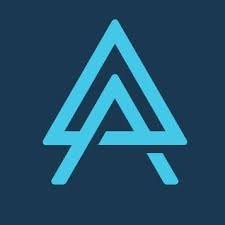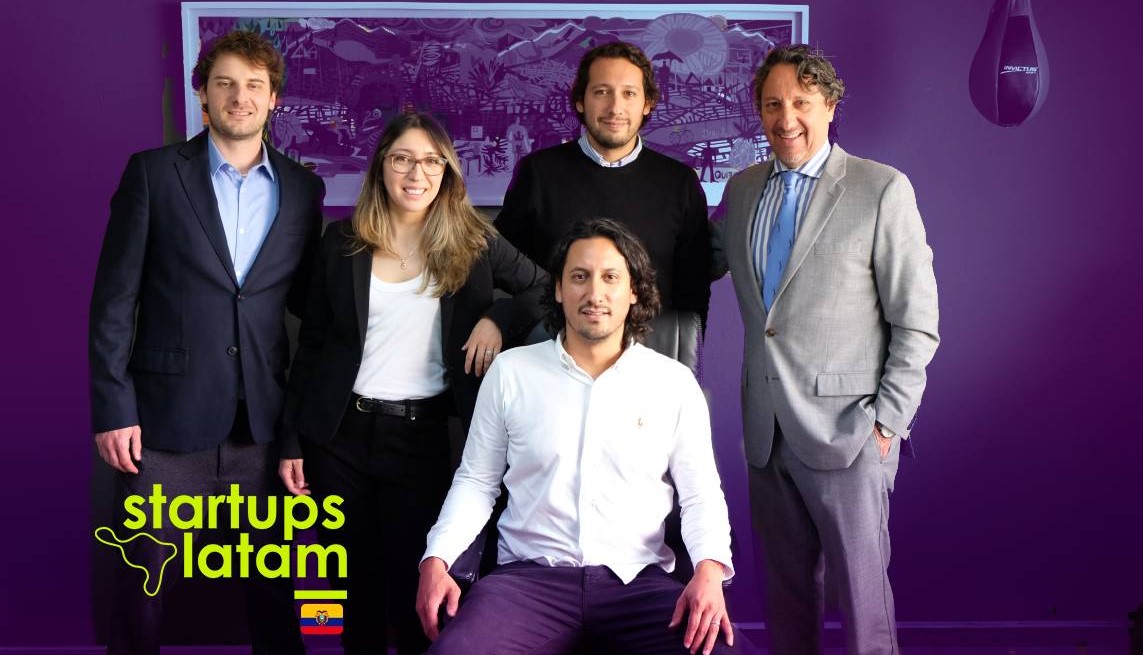Introducing Nicolas Arroyo from Construex
Q: Could you briefly introduce yourself and your startup, Construex?
A: I’m Nicolas, the co-founder and COO of Construex. We launched about six years ago, primarily in Ecuador. Our platform connects1 construction suppliers with end customers, ranging from individuals undertaking home remodeling or building projects to larger entities like real estate developers and construction companies. Recently, we’ve expanded our operations beyond Ecuador to countries like Mexico, Guatemala, and Chile.
Q: How significant is the Mexican market for Construex?
A: Mexico represents a major market for us, being the largest Spanish-speaking market in Latin America. Our main offering is a suite of SaaS tools designed for construction suppliers to discover new customers.
Q: What inspired you to start Construex?
A: My journey into Construex began with my family’s background in construction here in Ecuador, focusing on housing and residential projects, along with some commercial ventures like malls. My personal experience in the industry started from project residency to handling purchases. I observed firsthand the challenges in sourcing reliable suppliers due to the outdated nature of the construction industry, especially in terms of online information accuracy and currency. This gap in the market presented a substantial opportunity for us to assist suppliers in digitizing and updating their information on our platform.
Why Alchemist?
Q: How did Alchemist become involved with Construex?
A: Initially, Construex was a traditional business, steadily growing in Ecuador with over 100 customers and even expanding to Chile on our own financial steam. However, to accelerate our growth, we recognized the need for external investment. Approaching venture capitalists was challenging, particularly because Ecuador doesn’t have a substantial startup ecosystem, and it’s a relatively small market. On the advice of mentors who had experience building startups in Ecuador, we decided to seek out accelerators as a way to connect with VCs. We applied to several, including Techstars, Mucker Labs, and Alchemist.
Q: Why was Alchemist a good fit for Construex?
A: Alchemist, which we were fortunate to be accepted into, stood out as an ideal choice because it’s an accelerator focused on B2B companies. This specialization made it particularly beneficial for us.
The Application Process
Q: Can you describe the application process for Alchemist?
A: The application involved filling out a detailed form, which turned out to be helpful for our business as it required us to organize and reflect on information we hadn’t formally compiled before. It was a comprehensive process, not overly complicated, but it prompted us to think deeper about our business model, company goals, and other strategic aspects.
Q: What specifics can you share about the application’s requirements?
A: The form asked for detailed information about our company, including operational aspects, business model, and revenue. After submitting this, we were selected for an interview alongside other startups. This interview, lasting about 15 to 20 minutes, was divided into two parts: a pitch presentation and a Q&A session with the judges. The process was challenging, especially as we had limited experience with fast-paced pitching. The questions posed by the judges, who were founders of successful companies, were insightful and required a deep understanding of our business.
Alchemist Accelerator’s Equity Model and Its Benefits
Q: Does Alchemist provide funding upon admission?
A: Not in the traditional sense. They don’t invest funds directly into your company but take equity. While there’s some financial support to cover expenses during the program, it’s not substantial.
Q: So, they don’t offer direct funding?
A: Correct, Alchemist doesn’t invest money but takes a share in equity. However, giving equity to Alchemist has been one of our best decisions.
Q: Why was giving equity to Alchemist beneficial?
A: In a small market like Ecuador, it’s tough to garner attention from big businesses or VCs. They often overlook companies from smaller countries. Alchemist changed that for us. Their network provided access to invaluable mentors and resources. Before Alchemist, seeking advice on fundraising or capital raising often involved giving up equity or not getting help at all. In contrast, Alchemist connected us with a network of people willing to help without any direct interest. It was a pay-it-forward system, where seasoned professionals helped us because someone had helped them in the past.
The program was immensely helpful beyond just networking. They educated us on fundraising, provided materials, recommended books and mentors, and guided us in refining our business model and presentations. The equity we gave up was small compared to these benefits.
Q: Is the equity percentage negotiable with Alchemist?
A: Yes, it’s negotiable. We gave up 5%, which is less than what some other accelerators, like Mocker Labs, demanded. At that time, we were seeking growth and connections, and Alchemist provided exactly that.
Standout Features and Areas for Improvement in Alchemist’s Program
Q: What standout features of Alchemist’s program would you highlight?
A: The most significant feature is Alchemist’s unique database, akin to a specialized Facebook for business connections. It allows you to filter and connect with highly accomplished professionals, including those who’ve sold companies for billions or are leading businesses in similar industries. This platform surpasses LinkedIn in terms of specific filtering options and response rates. Users can see engagement levels and read reviews about the helpfulness of these connections. Additionally, Alchemist’s hybrid model included opportunities to visit San Francisco, meet numerous mentors and founders, and work closely with Ravi Belani, the founder of Alchemist, who is exceptionally insightful in business matters.
Q: Were there any aspects of the program that didn’t meet your expectations?
A: Initially, the workload was quite intense. We had weekly classes that, while not mandatory, were crucial for learning and success. Our team was small, and dedicating resources to these classes every week was challenging. Also, the hybrid model could have included more in-person interactions. We only had a couple of opportunities to travel to San Francisco to work with mentors. I believe face-to-face interactions yield more substantial results than online engagements.
Construex’s Progress Post-Alchemist and Ongoing Support
Q: How has your company progressed since participating in Alchemist, and would you attribute this success to the program?
A: Our success is a mix of our pre-Alchemist foundation and the program’s impact. We already had a functioning business, not just an idea, which set us apart from others in our Alchemist class. We’ve recently raised our Series seed, a milestone we hadn’t achieved before joining Alchemist. Our deep industry experience, combined with the program’s help in networking and understanding the startup ecosystem, played a significant role.
Q: What are Construex’s next milestones, and is Alchemist still providing support?
A: While we don’t rely on Alchemist’s resources as heavily as before, their support remains accessible. We can still reach out for introductions or advice on various matters, like contracts or strategic decisions. Their network and experience continue to be valuable resources for us.
Q: Has Alchemist facilitated introductions to venture capitalists or investors?
A: They have introduced us to several investors. While none of these introductions directly resulted in investments, being part of Alchemist significantly boosted our credibility. This credibility was a key factor in securing our first investments. The fact that we were selected by Alchemist, known for their rigorous vetting process, added a stamp of quality that greatly aided our fundraising efforts.
Founder’s Advice
Q: As we conclude, what advice would you give to someone looking to engage with Alchemist or other accelerators?
A: The key is to have a tested business model and then fully utilize the resources provided by the accelerator. Some accelerators might not be deeply involved with their startups, but Alchemist is different. Being a smaller accelerator, they work closely with you, offering substantial benefits if their resources are fully utilized. For comparison, while Y Combinator is larger and hosts around 200 companies per class, Alchemist works with about 15. This smaller scale allows for more direct interaction, personalized advice, and support. Despite Y Combinator’s prestige, accelerators like Alchemist, with their extensive experience and hands-on approach, can be incredibly helpful. Make the most of the resources available to you.

